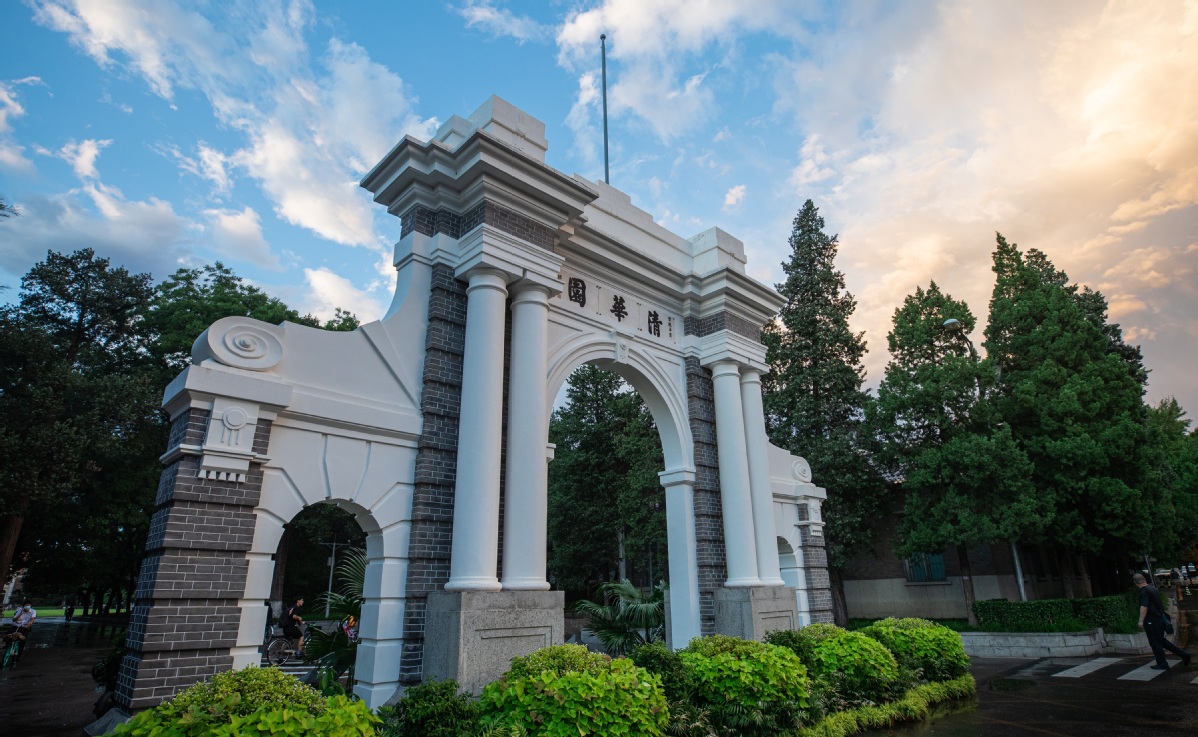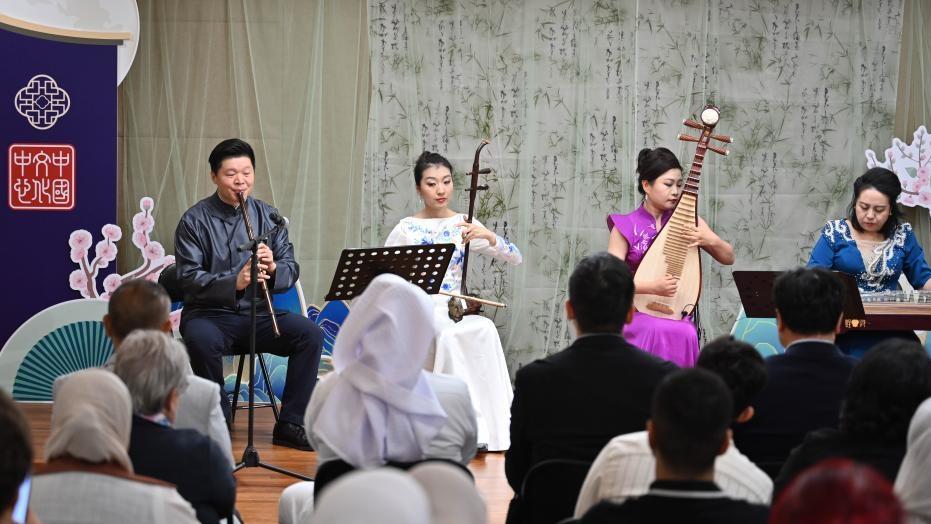Tsinghua unveils framework for AI use in education

[Photo/tsinghua.edu.cn]
Tsinghua University has unveiled a comprehensive framework for the use of artificial intelligence in education, emphasizing the prohibition of AI for ghostwriting, plagiarism, fabrication, or other misconduct among graduate students. The guideline positions AI as an auxiliary tool, with teachers and students as the primary agents in education.
Graduate students are reminded that AI cannot replace the academic training and intellectual labor they must complete independently. Supervisors are tasked with providing clear guidance on AI use and maintaining oversight to ensure academic integrity and originality.
The guideline mandates proper disclosure of AI use, prohibits academic misconduct, and forbids using sensitive or unauthorized data in AI models. It calls for vigilance against AI "hallucinations "and stresses multisource verification to prevent cognitive complacency from AI reliance.
Instructors are responsible for determining AI use according to course goals, explaining principles to students, and overseeing AI-generated teaching materials. They are encouraged to guide students toward a critical understanding of AI and help them develop essential competencies.
Students are encouraged to regard AI as aids within course boundaries, but are prohibited from submitting AI-generated text, code, or output as their own work.
The guideline's development followed extensive research and consultation led by Li Manli, a professor at Tsinghua's School of Education. This included a global survey of 70 AI education documents from 25 universities and interviews with over 100 students and instructors.
Building on Tsinghua's experience with AI in education, the guideline supports the integration of AI in over 390 courses across 10 areas, including AI learning companions and teaching assistants.
Wang Shuaiguo, director of the university's online education center and primary drafter, described the guideline as a "living system" meant to evolve with technology. He emphasized that it should not restrict innovation but grow alongside technological advancements.
The guideline also encourages innovative AI applications in teaching and learning, recognizing and promoting exemplary practices. It establishes "red lines" for misconduct while highlighting "green lights" for responsible, meaningful experimentation.
"We hope this will not become a document that restricts innovation," Wang said. "It should be a living system — one that continues to grow as the technology evolves."
Photos
 Int'l delegation explores organic tea culture in Baisha, S China's Hainan
Int'l delegation explores organic tea culture in Baisha, S China's Hainan Chamber Concert of Chinese Classical Music held at China Cultural Center in Kuwait
Chamber Concert of Chinese Classical Music held at China Cultural Center in Kuwait 27th Harbin Ice-Snow World to officially begin construction in NE China
27th Harbin Ice-Snow World to officially begin construction in NE China Promotion week for intangible cultural heritage brands opens in Dali, China's Yunnan
Promotion week for intangible cultural heritage brands opens in Dali, China's Yunnan
Related Stories
- Primary school in China's Anhui integrates wetland protection education into daily teaching
- Thinking + application, China advances sci-tech education in primary, secondary schools
- New guideline prioritizes innovation over metrics
- China improves sci-tech education in primary, middle schools
- China releases guidelines on strengthening sci-tech education in primary and secondary schools, aiming to establish basic system by 2030
- World Bank official: China's experience offers useful lessons for Africa's higher education and innovation
- Ministry of Education issues measures to reduce non-teaching workload on primary and secondary school teachers
- Int'l delegates shed light on education prospects in era of AI
- China to drive higher education upgrade over next 5 years
- Labor education in kindergartens shapes young minds
Copyright © 2025 People's Daily Online. All Rights Reserved.





